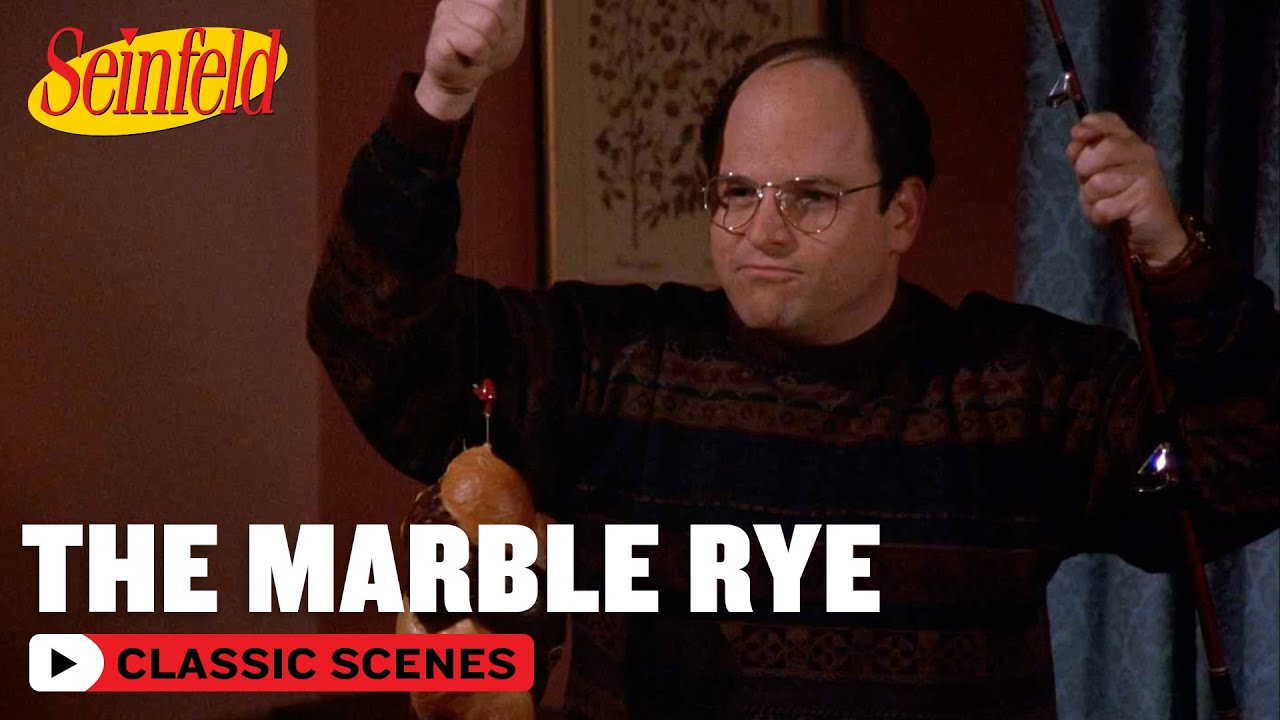Last week, the president and vice president of the United States, along with the first lady and second gentleman, hosted “The People’s Seder.” At that event, historian Deborah Lipstadt—recently confirmed by the Senate as the United State’s Special Envoy to Monitor and Combat Antisemitism—shared a memory of how, each year, her grandfather in Detroit would order a package of shmura matzah from New York. As soon as the package arrived, her grandfather would open it up to make sure that there were six unbroken matzot inside—three for the first-night Seder and three for the second. But strangely, at the very beginning of each Seder, her grandfather would “take one of those precious matzahs whose wholeness was crucial to their use, lift it up, and break it!”
Lipstadt suggests that this “tells us that the world is always in some form of imbalance between wholeness and brokenness.” We feel that keenly at this moment, as we witness with horror Russia’s invasion of Ukraine, the uptick in terrorism in Israel, antisemitism on the rise in America and around the world, violence in our cities, along with the invidicual and collective ways we’ve suffered during the pandemic. And, in addition to this being the seventh day of Passover, today is also Earth Day which invites us to reflect—with increasing anxiety—on the climate crisis whose effects are felt in every corner of our world.
Indeed, there is brokenness all around.
But the Passover ritual points us toward hope by instructing us to take the larger piece of the broken matzah and save it for the end of the meal. This is our tradition’s way of reminding us that redemption is possible—even inevitable. Ultimately, we believe that the world is more whole than shattered.
On this Shabbat, may we experience the wholeness that can be found in community. May we embrace the shalom that can be inspired and nurtured by a tradition more than three millennia old. And then, rested and renewed, let us rise up with energy and resolve to do our part to bring healing and hope to others.
Shabbat Shalom,
Rabbi Yoshi Zweiback

